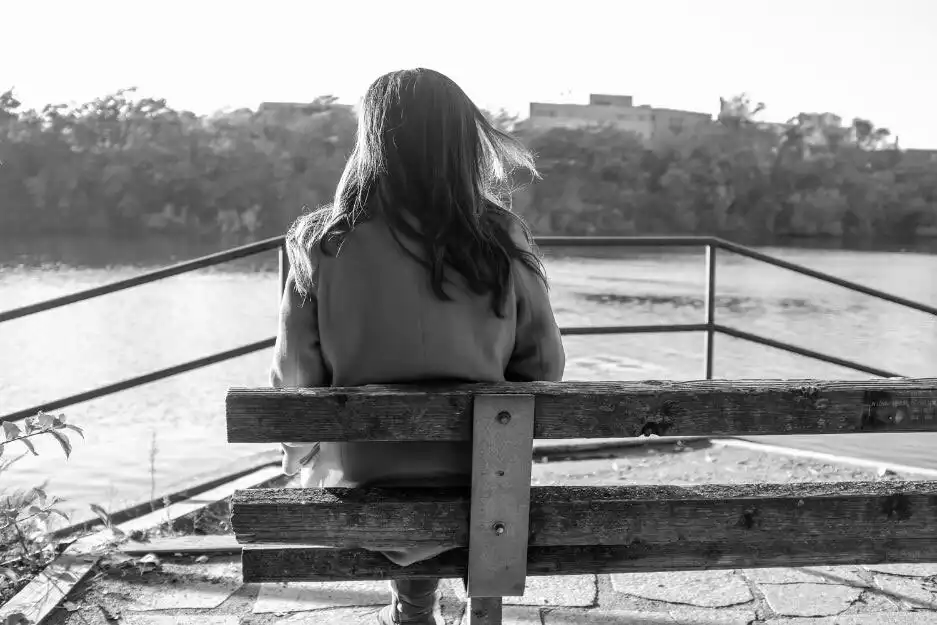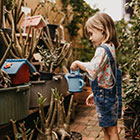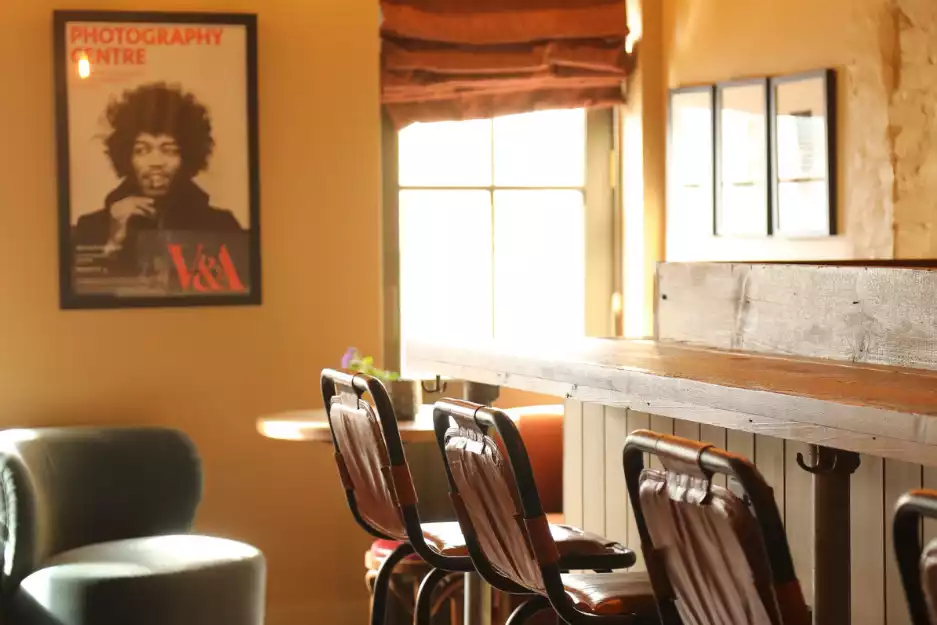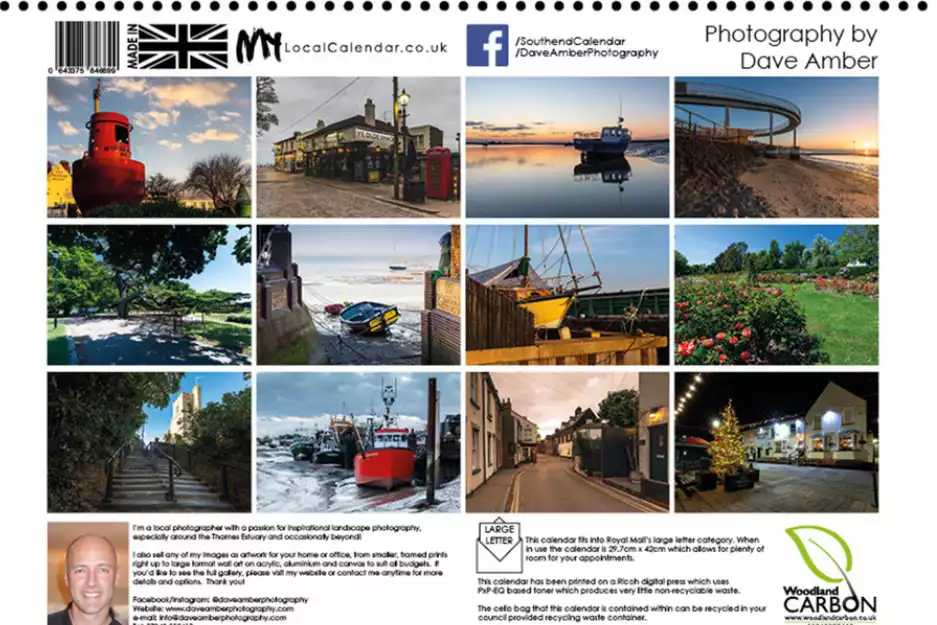-
AllAnytime Fitness Gym Art Beer Of The Week Blog Bus Fares Bus Service Business Business Expo C2C Care Care Home Charity Children Christmas Cinema City Status Cliffs Pavilion Cliffs Pavilion Review Cocktail Recipes College Community Competition Construction Coronation Coronavirus Dannielle Emery Design Easter Education Electoral changes Leigh on sea Emma Smith Employment Emsella Chair Environment Essex & Suffolk Water News Essex Police Essex Wildlife Trust News Events Family Fun Fashion Festival Film Finance Fitness Food Food & Drink Football Foulness Bike Ride Fresh Face Pillow Company Gardening General Election Hair & Beauty Halloween Harp Havens Havens Hospice Havens Hospices Havens Hospices Health & Fitness Health & Beauty Health & Fitness Healthwatch Southend Historicaleigh History Holidays Housing Indian Indirock Jubilee Karen Harvey Conran Kids Kids Blogs Kids Competitions Kids Reviews Lazydays Festival Legal Legal Eagle Leigh Art Trail Leigh Folk Festival Leigh Library Leigh On Sea Finds Leigh Road Leigh Town Council Leigh Town Council Press Release Leigh on Sea Leigh on Sea Sounds Leigh on sea Folk Festival Leigh on sea Marathon Leigh on sea Town Council Leigh on sea man breaks marathon record Leigh on sea news Lifestyle Livewell Southend Press Release LoS Shop London London Southend Airport Los Shop Marathon Melinda Giles Mortgage Angel blog Mortgages Motherofalloutings Mughal Dynasty Music My Mortgage Angel MyLoS NHS News News Newsletter Offers Outfit Of The Week Palace Theatre Parenting Parking Pets Picture Of The Week Pier Politics Press Release Press Release Southend City Council Professional Property Property Of The Week RSPCA Ray Morgan Re:loved Recipes Recycling Restaurant Restaurant Review Restaurants Review Roads Rotary Club Royal Hotel Royal Visit SAVS Schools Seafront Shopping Shows & Music Review Shows & Music Shows & Music Review Southend Southend Airport Southend Borough Council Press Release Southend City Bid News Southend City Council Southend City Council Press Release Southend City Council Press Release Southend Community Safety Southend Hospital News Southend In Sight Southend In Sight Southend In Sight Press Release Southend on Sea Sport The Mortgage Mum The One Love Project The Ship Hotel Theatre Theatre Blog Theatre Review Theatre review Transport Travel Travel Veolia Village Green Volunteer Weddings Whats On c2c
Sitting with Sadness

Thanks to Katy Acton from Katy Acton Counselling who contributed this piece
Sadness. It’s not the most comfortable emotion to sit with. In a world where we are constantly surrounded by the pursuit of happiness, be it through advertising, social media, loved ones who want the best for us or our own expectations of how life should be, sadness is something often avoided. I have felt sad this week. There hasn't been an obvious reason or trigger for this, a positive that has come from a few down days is the inspiration to write this blog and to reflect on how I feel about feeling sad.
Being a visual being, sadness for me, is very aptly presented in the Pixar movie ‘Inside Out”. The colour of sadness for me is blue - it might not be for you. we are all different. And it’s effect on me is a lack of motivation and gloomy outlook. In the movie, there is a scene when Bing Bong loses his rocket and feels very sad about this. Not just because he loved the rocket, but all that the rocket represented - memories and potential of more adventures. While the character Joy tries to ‘put a positive spin’ on it, it’s Bing Bong’s time sitting with the character Sadness that helps him to feel better. When he has cried for his loss, expressed his disappointment, had his feelings validated and heard, he feels able to move forward.
When some people feel sad they often turn to external things to repress, avoid or distract from the feeling. Some people might eat or drink their feelings with comfort food or alcohol; others might try to escape from them through drug use or busying themselves with work and jobs. The focus can then turn to the coping habit as the issue a person is going through, rather than the source of their sadness. In reality, the coping issue is just self-medicating the pain.
If this resonates with you, maybe a journey into exploring your perception and feelings about sadness could help your acceptance of this emotion when it arises. Then you might not need to avoid or repress it when it comes up in the future. And it will - because being sad is part of being human. It isn’t weak or indulgent. Like all emotions, it’s a signal. Through doing the work and recognising patterns in how you cope with sadness, you might uncover unhealthy coping strategies that you might want to replace with more healthy ones that work better for you.
Counselling provides a safe space for you to express feelings of sadness, without being judged or having an opinion or ‘fix it’ suggestion. If counselling isn’t for you at this time, journalling could be a great self-reflection space to explore how you feel privately. Next time sadness comes up for you, you could try sitting with it mindfully. Notice where you feel it in your body, breathing into these parts and accepting the feeling rather than trying to change it.
Crying brings up a mixed bag of perception for so many people. We have all had unique childhoods and experiences that influence our perception of crying. Some people might feel weak or embarrassed when they cry, particularly in front of other people. Other people may welcome crying as a way of self-soothing that makes them feel better. While others might find it very hard to cry at all. Crying occurs when pressure and feelings (that might include sadness, stress, rage, anger, frustration, grief) become too much. This pressure is released when we cry. Dr William Frey (1982) at the St Paul-Ramsey Medical Centre in Minneapolis USA, discovered that emotional tears contain stress hormones, such as Cortisol. So when we cry we are literally releasing the stress from our bodies. Build up of stress can lead to physical and mental illness. When we finish crying, we often feel calmer, as endorphins are then released. This biological process is our body’s way of self-regulating. So if your sadness erupts into tears - reflect on how this makes you feel, before, during and afterwards.
Self-awareness is everything in self-understanding and healing. We are unlikely to become aware of things if we avoid feeling or thinking about them. They will just keep coming back up.
This week i’m going to sit with sadness and see where that takes me.
This article features the following businesses:
Katy Acton Counselling
Katy Acton BA (hons) (MBACP), is a BACP registered integrative Counselling Psychotherapist, offering support via zoom, telephone and in person in Leigh on Sea.
MOREADD A COMMENT
Note: If comment section is not showing please log in to Facebook in another browser tab and refresh.

























